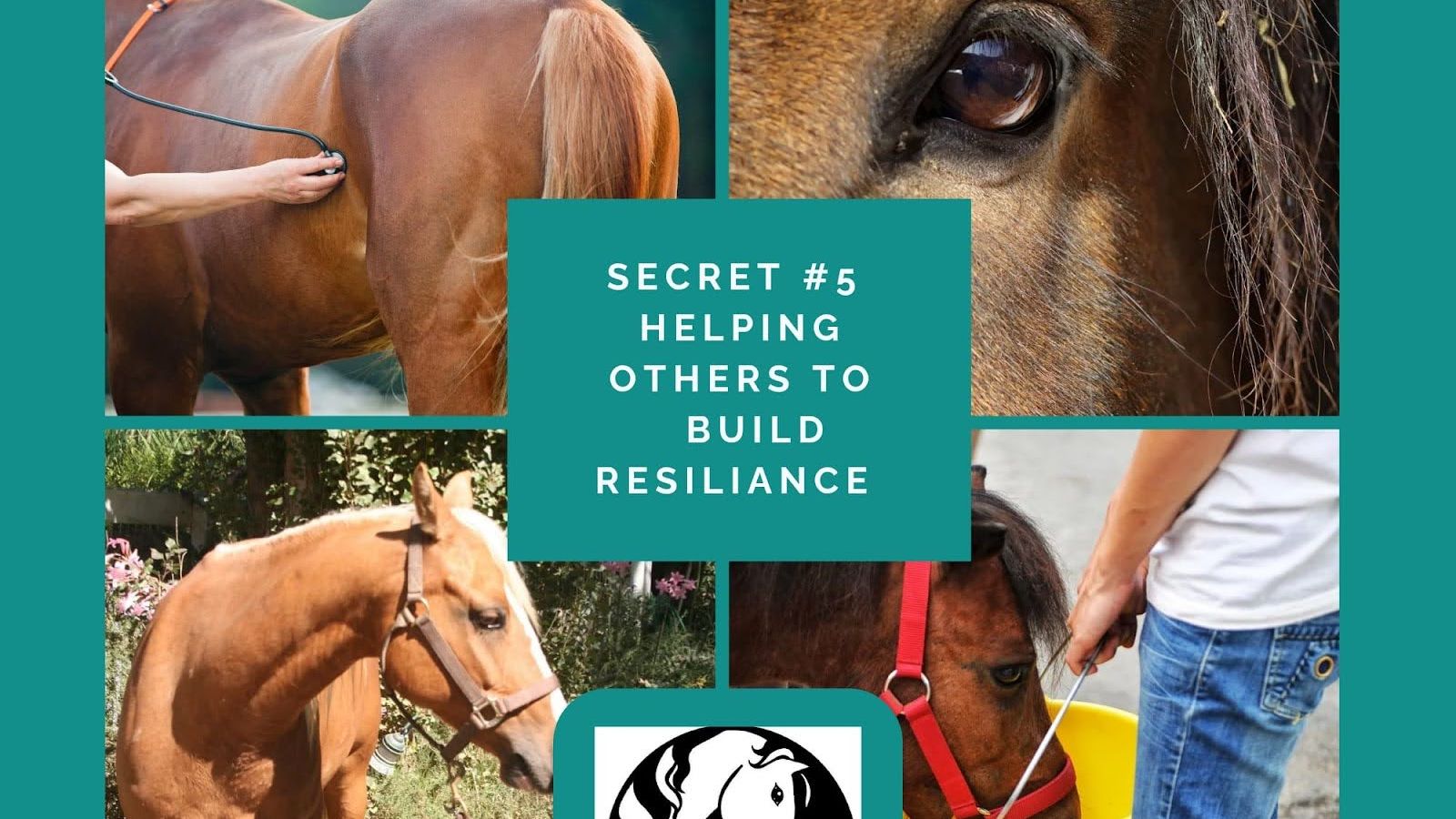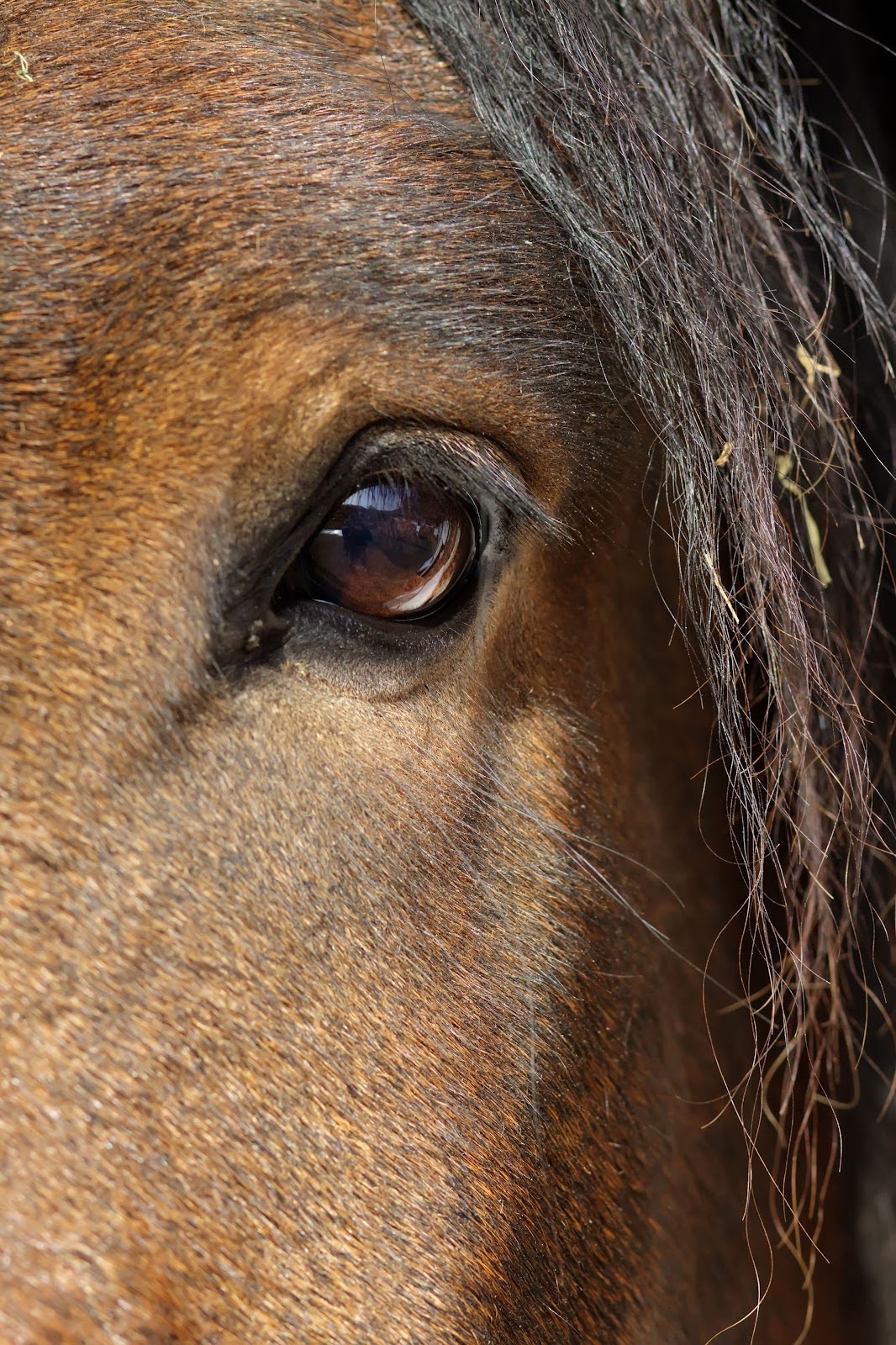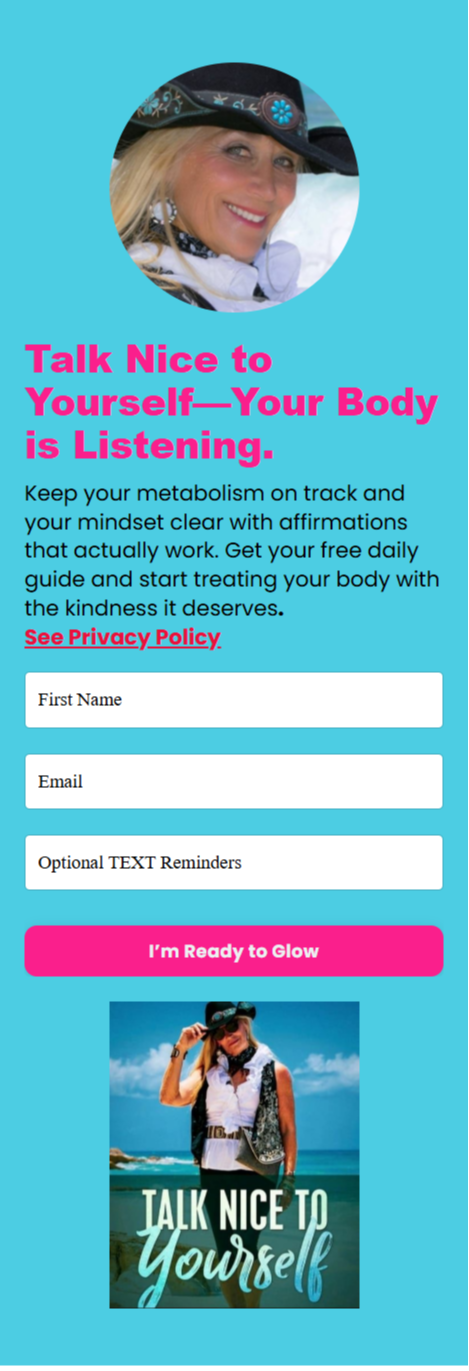Resilience Lesson 5 Showing Up

I want to talk about something deeply personal, a kind of strength that goes unnoticed and uncelebrated, but is perhaps the most profound of all. It’s the quiet, invisible resilience of taking care of others while you're secretly breaking inside. I’m writing this because I lived it, and I know many of you have, too.
For a long time, I was the one everyone counted on. I was the person keeping things together, not just for my family, but for the animals and the people who depended on our farm. I was the stable rock, the reliable presence. But inside, my world was in freefall.
The pain of my marriage ending was a constant, heavy presence, a silence that screamed louder than any noise. The despair was a dark, silent companion, following me everywhere, whispering that I wasn't enough, that I was a failure. It was a suffocating feeling, one that made even simple tasks feel monumental.
The nights were the worst, when the silence of the house amplified the emptiness in my heart. Sleep was a luxury I couldn't afford, my mind a relentless carousel of what-ifs and why-nots.
Every day was a battle. My body felt like it was moving through mud. The weight of sadness made it hard to get out of bed, to face the morning, to step out into the world.
But then there were the hooves on the dirt, the expectant whinnies from the horses, the needs of the boarders. They were my anchors in a storm that threatened to pull me under completely. They were a purpose that transcended my own pain.
There was no time for self-pity when a horse needed to be fed, a stall needed to be cleaned, or a fence needed mending. The routine of it all became a kind of meditation, a physical tether to the present moment that kept me from drifting into the past.
This isn’t about putting on a brave face. It's about a profound, selfless commitment. When every fiber of my being wanted to retreat, to hide from the pain and despair, I chose to show up. I chose to care for the animals, to make sure they were fed, groomed, and looked after. I chose to maintain a sense of normalcy and stability for the people who trusted me with their horses.
This wasn’t a small thing; it was a monumental act of will. I was in the midst of my own personal storm, yet I became the calm harbor for others.
I remember one particular afternoon. The sun was shining, but I felt nothing but a hollow emptiness. I was grooming one of the older horses, a calm, patient mare. My hands were moving mechanically, brushing her coat, but my mind was a thousand miles away, replaying hurtful conversations and feeling the sting of rejection all over again. I felt a tear slip down my cheek, and I quickly wiped it away, hoping no one would see.

The mare, sensing my distress, shifted and nudged my hand with her nose.
It was a small gesture, but in that moment, it felt like she saw me, truly saw me, beyond the strong facade I was putting up. It was a moment of connection that I desperately needed, a silent acknowledgment that I was hurting. It was a moment that reminded me that I wasn’t alone, not truly.
The emotional load of this dual life was immense. It was like carrying a weight that no one could see. I would be having a conversation with a boarder, smiling and nodding, while inside, my thoughts were a tangled mess of sadness and anxiety. I would be mucking stalls, my body on autopilot, while my mind was replaying memories and hurts.
It was a constant, exhausting effort to keep my inner world from spilling out into my outer world. The effort to appear strong, to be reliable, to be present, took every ounce of energy I had. And in the quiet moments, when I was alone, the exhaustion would hit me all at once, leaving me feeling completely empty.
But surviving this has given me a depth of empathy that I couldn't have gained any other way. I now understand what it means to be in a place of quiet desperation while still moving through the world. I’ve learned to recognize the subtle signs of pain in others, because I've lived with it myself. I can see the person who is putting on a brave face, the one who is smiling but whose eyes hold a shadow of sadness. And because of my own journey, I can meet them with a quiet understanding, without judgment.
I’ve learned that true strength isn't about never feeling weak; it's about feeling weak and showing up anyway.
I’m still working on the lesson of asking for support. It’s a hard habit to break, this need to be the one who holds everything together. But I’ve also come to realize that the strength I found in that dark time—the strength to keep going for my kids and grandkids, for the animals, for the people who depended on me—is a powerful reminder of what I’m truly capable of.
It’s a warrior-level strength that I found not through triumph, but through the quiet, daily commitment to simply being there. It’s a testament to the resilience of the human spirit, a testament to my own.
The responsibilities of running a boarding facility are vast and relentless, and in my darkest moments, they were both my burden and my blessing. It’s more than just providing a stall and feed. It's about being a caretaker, a manager, a crisis responder, and a therapist all rolled into one.
I was responsible for the physical health of every horse in my care—recognizing the subtle signs of colic, a limp that shouldn't be there, a change in appetite that could signal something serious. I was on call 24/7, with no holidays or sick days. A late-night emergency call from a boarder, a panicked vet visit, the constant worry about a horse’s well-being—this was my reality.
It was a weight that I carried on top of my own personal pain, and for a while, I wondered how I would ever manage it all.
But the routine of it was what saved me. The predictable rhythm of the farm, the non-negotiable needs of the animals, forced me to keep moving. Each morning, I was greeted by the same routine: the clatter of buckets, the smell of hay, the sound of horses munching their grain. It was a world of order in a life that felt completely chaotic.
The commitment to these animals was a commitment to myself—a silent promise that I would not fall apart, because I couldn’t afford to. They needed me to be sane, to be clear-headed, to be present.
I couldn't wallow in self-pity when there was a horse that needed a wound cleaned or a new blanket put on. My job required me to be functional, and in a strange way, that responsibility gave me the motivation to become functional again.
I also learned to appreciate the small victories. The look of contentment on a horse’s face after a good meal. The way a skittish horse would finally trust me enough to let me touch its ears. These small moments of connection and success became my fuel.
They were proof that I was still capable, that I still had something to offer, and that I was making a difference. The farm was a mirror, reflecting my commitment and my hard work back at me, reminding me that even when I felt like I had nothing left, I was still building something of value.
And in the process of caring for them, I was, slowly but surely, beginning to heal myself. The dirt under my fingernails, the ache in my back, the weariness in my bones—all of it was proof that I was still here, still fighting, and still showing up.
I hope that by sharing this, it gives you a sense of validation for your own journey, that you realize the invisible weight you’ve been carrying is not a sign of weakness, but a badge of honor. You are not just surviving; you are doing something extraordinary. And you deserve to give yourself the same grace, patience, and compassion that you so selflessly gave to others.
Your Friend and mentor,
Sharon North Pohl



